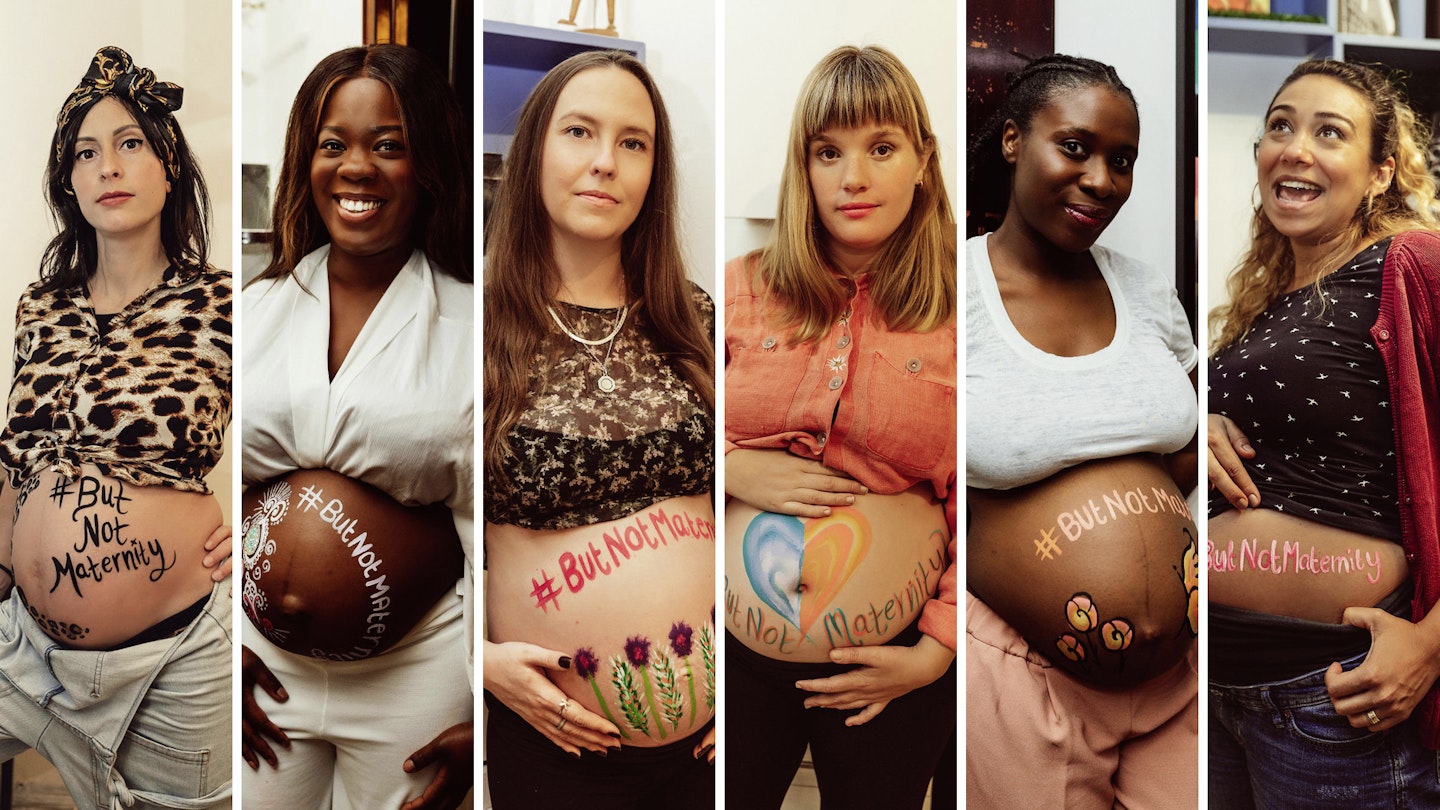For anyone who’s been expecting a baby since lockdown was first announced in March, the spectre of potentially having to give birth alone will have loomed large. As the scale of the Coronavirus pandemic in the UK became clear and Boris Johnson asked the country to enter a full lockdown, hospitals were forced to restrict visitors, and women in the final stages of pregnancy were being told that they’d have to go through some, if not all of their labour alone.
As the rest of the country started to open up again, a petition started by Holly Avis, mother to eight-week-old Monty called for hospitals to lift their restrictions and allow partners to attend scans and all of labour. After the change.org petition was launched, the government changed their guidelines regarding partners attending scans and labour in early June, but not all hospital trusts have changed their policies accordingly, and as it stands just under a third of trusts are still imposing restrictions on major scans, and in many areas there are still restrictions on whether partners can be present for all of labour.
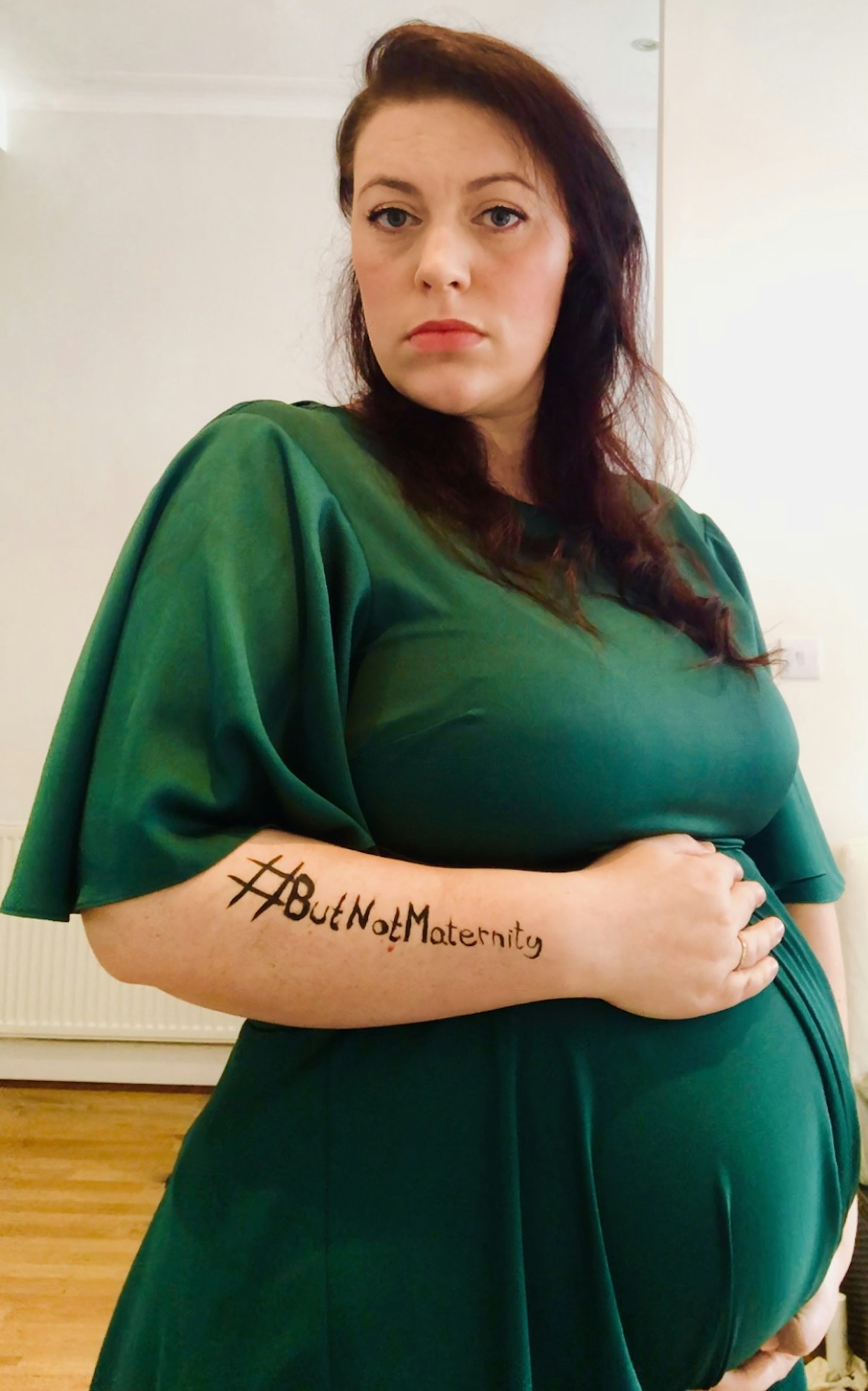
Facing the final stages of pregnancy and then labour are nerve-wracking enough experiences in their own right, but what about the women in the final stages of pregnancy who are facing the possibility of going through the early stages of labour alone? And what about those who receive devastating news in a scan that their baby has died or that their pregnancy is unviable, and must deal with that alone?
Alicia Kearns, is the Conservative MP for Rutland and Melton, and is also expecting her second child in January. For her, the reasons for backing the campaign are incredibly personal. 'I feel particularly strongly about hospitals not allowing partners until women are in active labour, because with my first child I never reached active labour, despite 36 hours in labour, induction and two trips to the operating theatre. Under the rules some hospitals are still imposing, I would have gone through all of that alone, without anyone to advocate for me when I needed it most in my life.’
Part of the problem as it stands is that the rules are different from one part of the country - or even one hospital trust - to another, as Holly Avis, who started the campaign, explains. 'What is also so entirely frustrating is that these rules are NOT consistent around the country. It is also irrelevant of Covid testing results. Some hospitals allow partners for the whole birth, for scans and appointments and it’s just not right.
'With so many unnecessary and non essential shops opening up in recent months, with hairdressers, pubs and other social venues opening, how on earth is it justifiable to keep partners from labour, appointments and births and to risk mental health issues such as post natal depression at the very least to both mum and partner? Simply, its not.’
SEE MORE: Some of a women campaigning for Covid restrictions to be lifted from all maternity services.
#Butnotmaternity change.org campaign
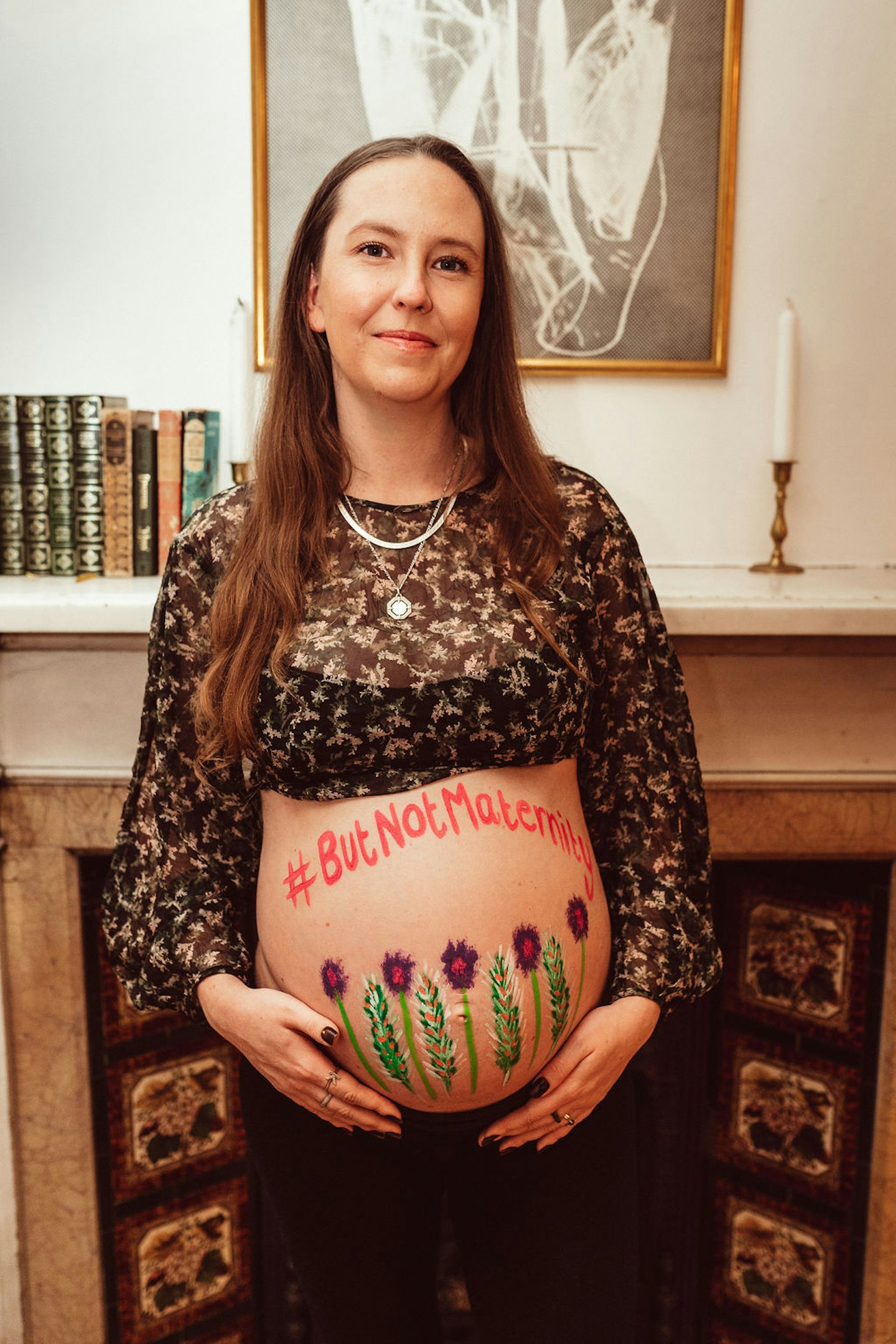 1 of 6
1 of 6#butnotmaternity
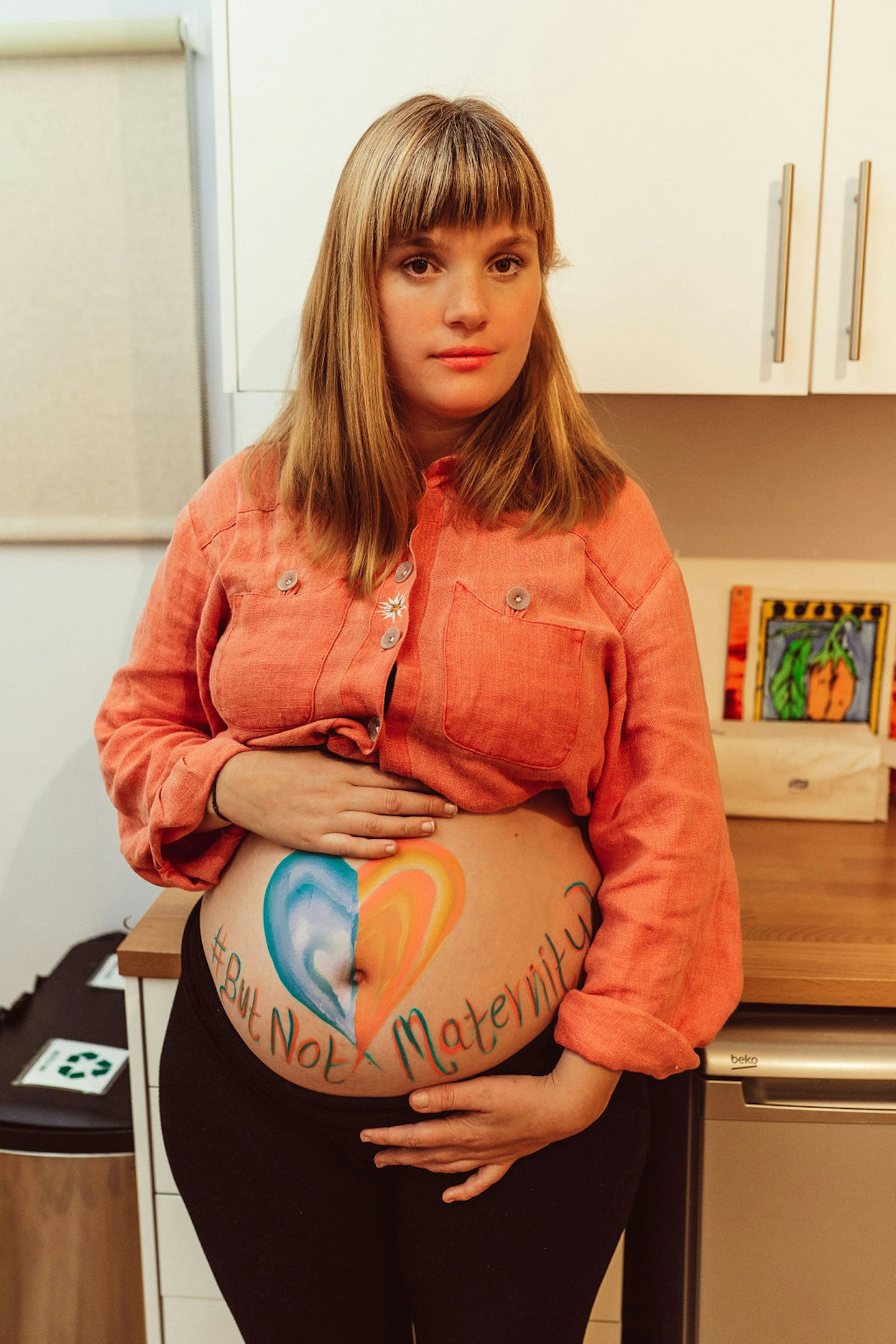 2 of 6
2 of 6#butnotmaternity
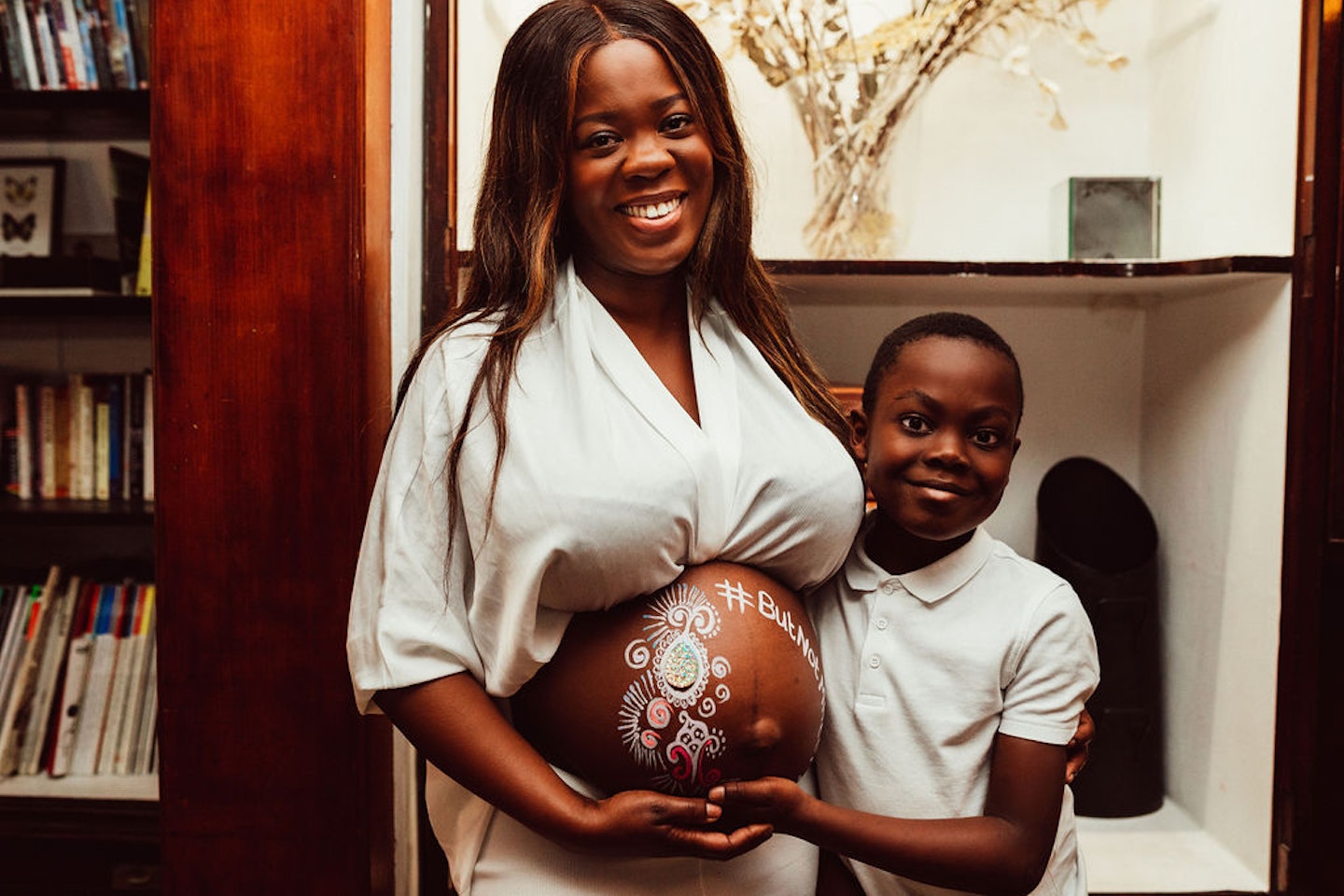 3 of 6
3 of 6#butnotmaternity
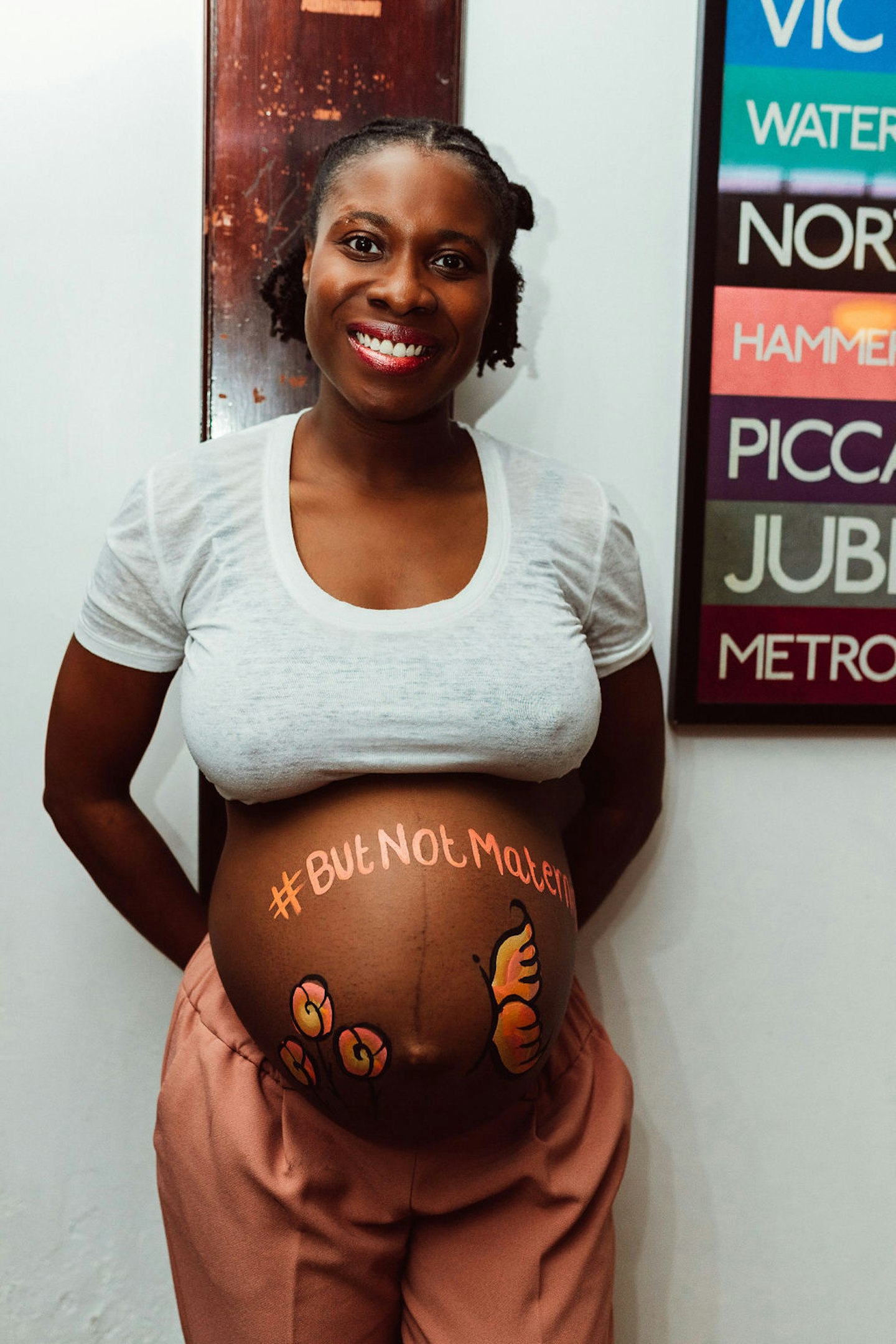 4 of 6
4 of 6#butnotmaternity
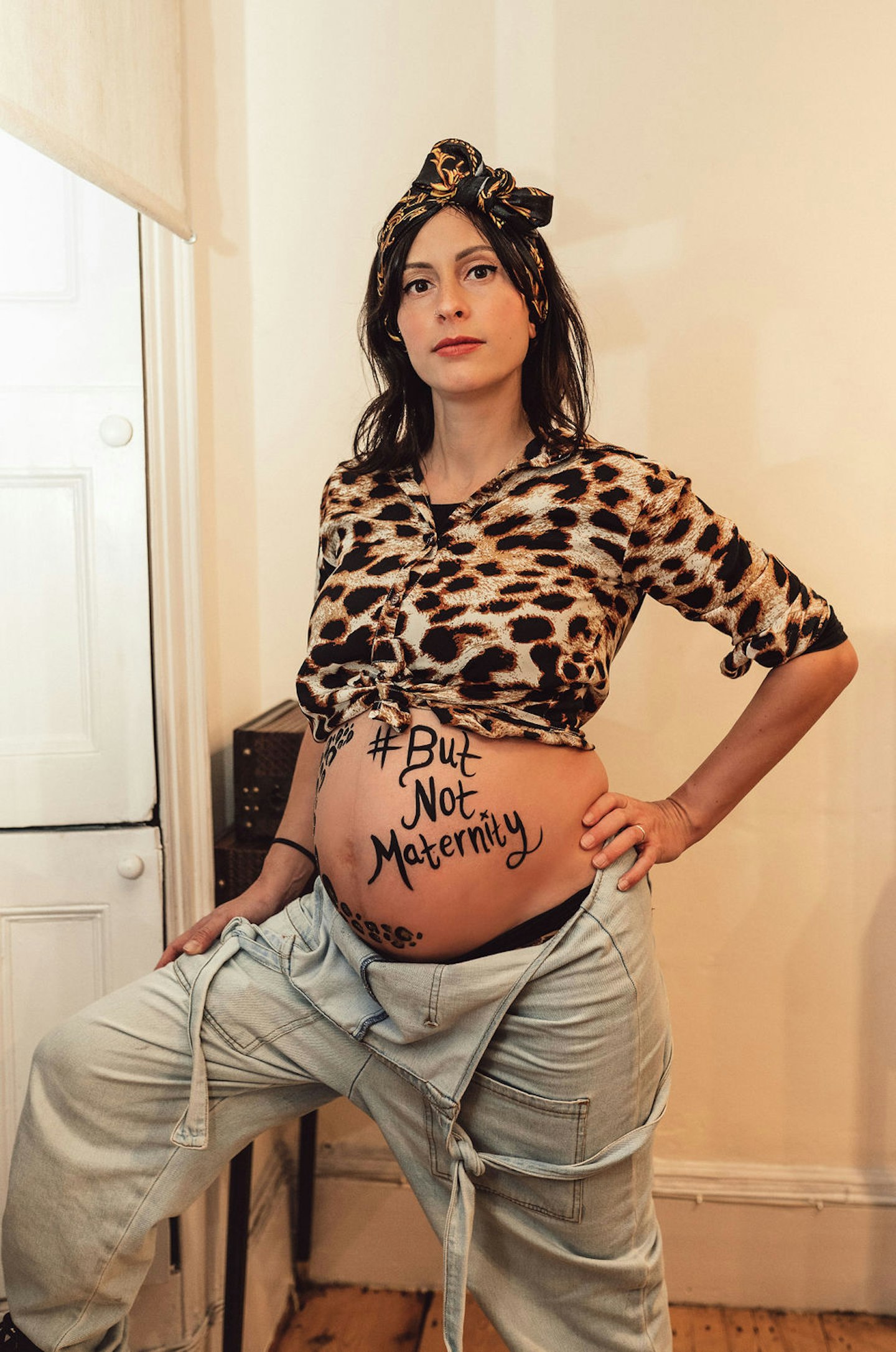 5 of 6
5 of 6#butnotmaternity
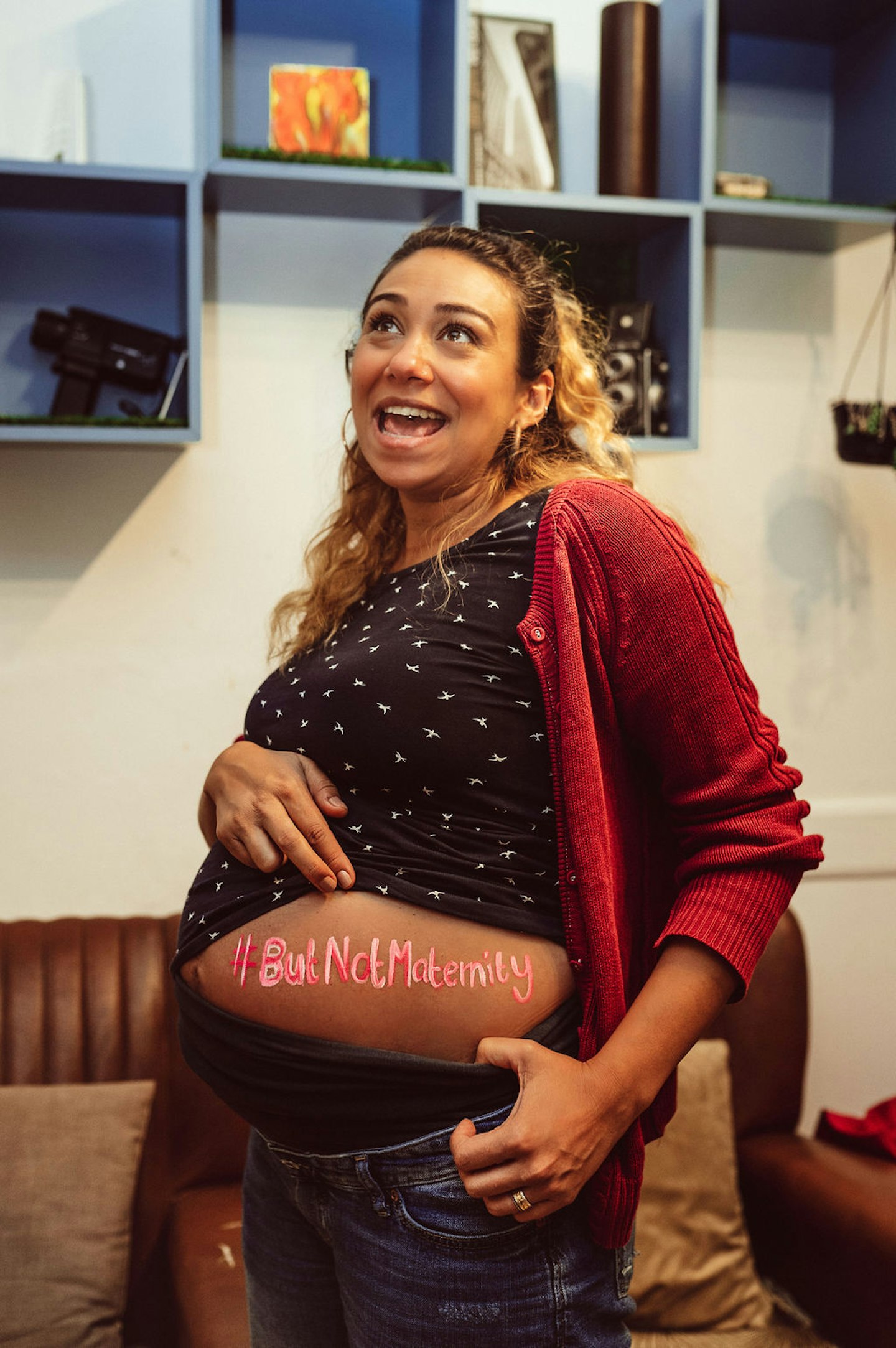 6 of 6
6 of 6#butnotmaternity
Alex Hill, a software developer who’s 30 weeks pregnant, even attending scans on her own was a challenge. 'My first trimester was tough as I had hyperemesis. My partner had to basically become my carer. We were both nervous about how I would cope going to my first scan alone - I could barely walk at that point!’ And for others it’s just plain traumatic - Serena Agyei-Asare is 30 weeks pregnant with her second child, but this is her fourth pregnancy after two miscarriages. She was advised to have an early scan this time round, which didn’t happen because of the pandemic, and when she did attend her 12-week scan, it bought back traumatic memories of her miscarriage.
'Attendance at the hospital took me back to the 12 week scan of my second pregnancy where, to my surprise and horror, I was told and saw that my baby had stopped growing at 7 weeks. It was traumatic, to say the least and as I approached this stage of my pregnancy this time around, I tentatively prepared myself for the worst. Not only was I managing my own emotions, I was considering how I would manage the telling of my bad news to my husband; would I pull myself together to be strong as I gave him sad news, would we just cry together, would I tell him on the phone or at the point of seeing him? Thankfully, I didn't need to relay difficult news but the restrictions of coronavirus added to what was already a fragile and emotional experience.'
For Amanda Sowah, the lockdown restrictions added uncertainty to an already anxious time. 'I have felt stressed and anxious as there has been a lot of social media coverage on black pregnant women being 5 times more likely to die during labour. In relation to that knowing that black people have been classed as high risk due to Covid had made matters worse.
'This is my 2nd pregnancy and I know what to expect when I will go into labour. However for first time pregnant women, I feel that they have been robbed of having the full experience with their partners. Labour is unpredictable and the support of having your partner there is very much needed.’
Labour is unpredictable. It can be magical, it can be painful, it can go on for days, or be over in minutes. What women need is steadfast support from someone who knows them well. It sounds like a no brainer, so why are women still going through one of the biggest moments of their life alone?
As Alicia Kearns puts it: 'This campaign is not just about women having a partner with them for emotional support, it’s about having an advocate who can make sure their wishes are upheld and protected when they are at their most vulnerable. Birth is not like the movies, and it’s wrong that anyone should go through it alone.'
Header and main images all by Sadie Wild Photography.
For more info and to sign the petition visitchange.org/butnotmaternity.
